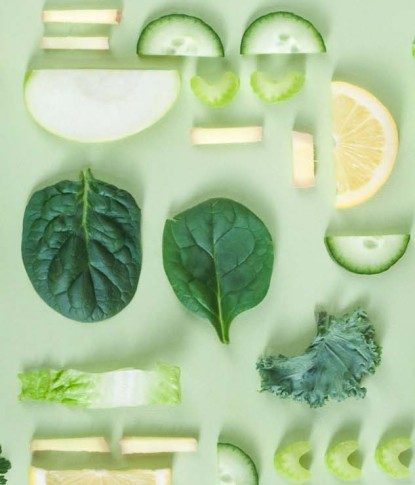
Are you familiar with that uncomfortable bloated feeling? Here’s what you can do about it
We’ve all experienced it at some time or other. But while it may be as common as a wet bank holiday weekend, bloating can make you feel truly miserable. And besides the physical discomfort, all that worry about how you feel and look can seriously affect your quality of life too.
One of the most common things that causes bloating is excess wind. This can be the result of…
- Swallowing too much air when you talk
- Eating too quickly
- Chewing gum
- Eating fatty or spicy foods
- Having fizzy drinks
- Drinking lots of liquid when you eat
All that gas in your gut – on top of the gas your body produces when you eat – can make your stomach feel big and stretched, causing pain, discomfort and other unmentionables such as burping and passing more wind than normal.
Excess fluids building up in your body – or water retention – is another common cause. But the good news is there’s lots you can do to feel better and avoid that dreaded bloated feeling…
- Eat more slowly Bolting your food can make you bloat, so try to chew more slowly. Meanwhile if you have a chewing gum habit, try giving it up for a flatter stomach.
- Go easy with the salt Women are particularly susceptible to water retention, especially during the week before a period. If this is a problem your diet could be too high in salt. Aim to eat less than 6g of salt a day – check your food labels, as many processed foods have surprisingly high amounts.
- Pile on the parsley Foods such as parsley and celery act as natural diuretics, which means they help get rid of excess fluids in your body that may be making you feel bloated. Try drinking a small glass of parsley tea three or four times a day. Other foods that have a diuretic effect include watercress, watermelon, artichokes, cucumber and carrots.
- Ban fizzy drinks All that carbon dioxide pumped into drinks such as soda, champagne and mineral water can go straight to your stomach and can blow it up to the size of a football. If you have a bloating problem, stick to still water and juices – though avoid apple and pear varieties, which can make you more gassy than other juices.
- Watch out for beans and Brussels Beans are famous for giving you wind, but Brussels sprouts, onions, cabbage, broccoli and cauliflower can have the same effect. Experts think it may be because they’re high in fibre, which can cause problems if you’re not used to eating fibre-rich foods.
Don’t cut these foods out of your diet altogether though. Fibre is good for your gut and helps prevent constipation (which, incidentally, can also be a cause of bloating). Just start with small amounts of fibre-rich foods and increase how much you eat gradually.
- Boost your bacteria Everyone has millions of natural bacteria living in their intestines, some of which produce gas. But when the gas-forming bacteria outnumber the beneficial bacteria, the result is wind and bloating. Give your gut a treat by eating fermented foods and drinks such as live yoghurt, sauerkraut and kefir, which help boost your beneficial bacteria levels.
Another way to boost your beneficial bacteria is to take a good-quality probiotic supplement. Or try a low FODMAP diet to control the number of gas-forming bacteria in your intestines (FODMAPs are a type of carbohydrate that may cause tummy symptoms such as bloating).
- Have a cuppa peppermint Mint tea is a popular traditional remedy for digestion problems, so try having a cup after your meal if you suffer from occasional wind (and before each meal if bloating is a more regular problem).
- Try some charcoal Charcoal may help absorb any excess gas in your digestive system, which could make you feel less bloated and more comfortable. You can get charcoal in tablet form – but check with your GP or a pharmacist if you’re taking any other medicines, as charcoal may make them less effective.
Should you see a doctor?
Bloating can be a symptom of other problems such as irritable bowel syndrome or a food intolerance, or even something more serious such as coeliac disease, ovarian cancer or liver or kidney disease. It doesn’t mean you have a serious health problem though. But if you have persistent bloating, it’s a good idea to see your GP for a check-up.
Some medicines can also cause bloating – speak to your doctor or a pharmacist if you think you may be affected.




